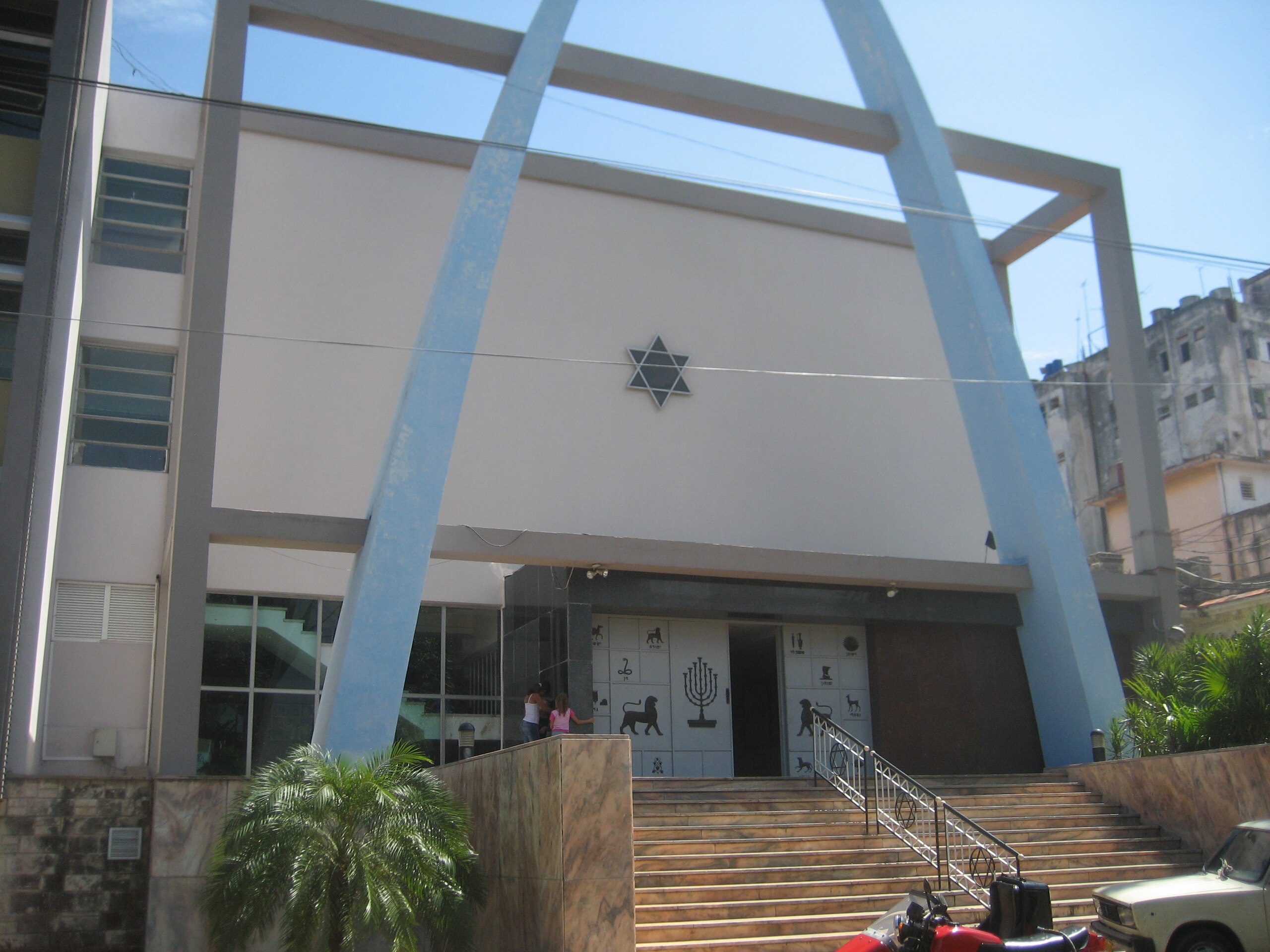The popular legend of the Jewish community in Cuba states that there were Jews that arrived to Cuba on the very same boat that brought Columbus to the New World. Hence, the history of the Jewish community in Cuba begins with the European conquest. Spain at that point in time was not particularly religiously tolerant, and many Spanish jews were forced to convert to Christianity. Some of those continued to secretly practice Judaism, and were known as marranos. Some of these Jews emigrated from Spain to Cuba, hoping for laxer enforcement of religious dogma.

But the story of Jews in Cuba begins in earnest in the 20th century. The Jewish migration to Cuba in the 20th century began with the persecution of Jews. First from the Ottoman empire in the early 1920s, and subsequently from Europe before and during the Second World War. Another seizable population were the Jews that moved from the US to Cuba following the Spanish American war. By 1959 there were 15k Jews only in Havana, and there were five active synagogues in the city.
However with the Cuban revolution over 90% of the Jews left Havana, most of them going to the US. Between 1960’s till 1990’s all religion was oppressed in Cuba, so Jews, like many Catholics and Santeros, had to move their religious ceremonies underground. Fortunately, after the 1990s the Cuban Revolution changed from an atheist state to a laical state, and Jewish traditions could be openly celebrated again.
So what is left of the Jews in Cuba? There are approximately 1500 Jews in Cuba, a lot fewer than the community that existed previously. There is only one synagogue in operation,
Jewish Synagogues in Havana

The Beth Shalom Temple in Havana functions as the headquarters of the Jewish community in Cuba. It was built in 1952 in Vedado, and today only a small portion of it belongs to the Jewish community. The rest of the building houses the Bertold Brecht Cultural Center, which includes a theater, a gallery and a bar.
Fidel Castro is reported to have attended a Hannukah celebration here towards the end of his life.
There are four other synagogues in Havana, but like many of the buildings of the city they have fallen into disrepair.
Jewish Cemetery in Havana

The Jewish Cemetery in Havana was founded by Jewish American immigrants in the early 20th century. It can be found in Guanabacoa, a Havana neighbourhood to the east of the city.

It too fell into disrepair over the last sixty years, but considerable efforts have been underway this year to renovate it in time for Havana’s 500 year anniversary.
Kosher bed and breakfast in Cuba

Cuba’s only kosher bed and breakfast hostel is run by Saul and his family. The story of this bed and breakfast is evidence of the resilience of the Jewish community in Cuba.
Saul was born in 1944 & raised in Havana. Him and his family left in 1960 with the regime change. His parents were merchants, and realised that there were limited opportunities for them in post-revolutionary Cuba.
Saul eventually returned to Cuba in 2008, after a successful career in software at IBM. He and his family opened what they claim to be the first (and thus far only) kosher Bed and Breakfast in Cuba in Havana: the Chateau Blanc.

The Chateau Blanc is up to the strictest kosher standards, with a complete separation of dairy and meat in two kitchens, each with its own oven and microwave. While much of the food is sourced from organic farms in Cuba (like for example the plantains), a lot of is has to be flown in from the US or Panama in order for it to comply with kosher standards.
Leave a Reply